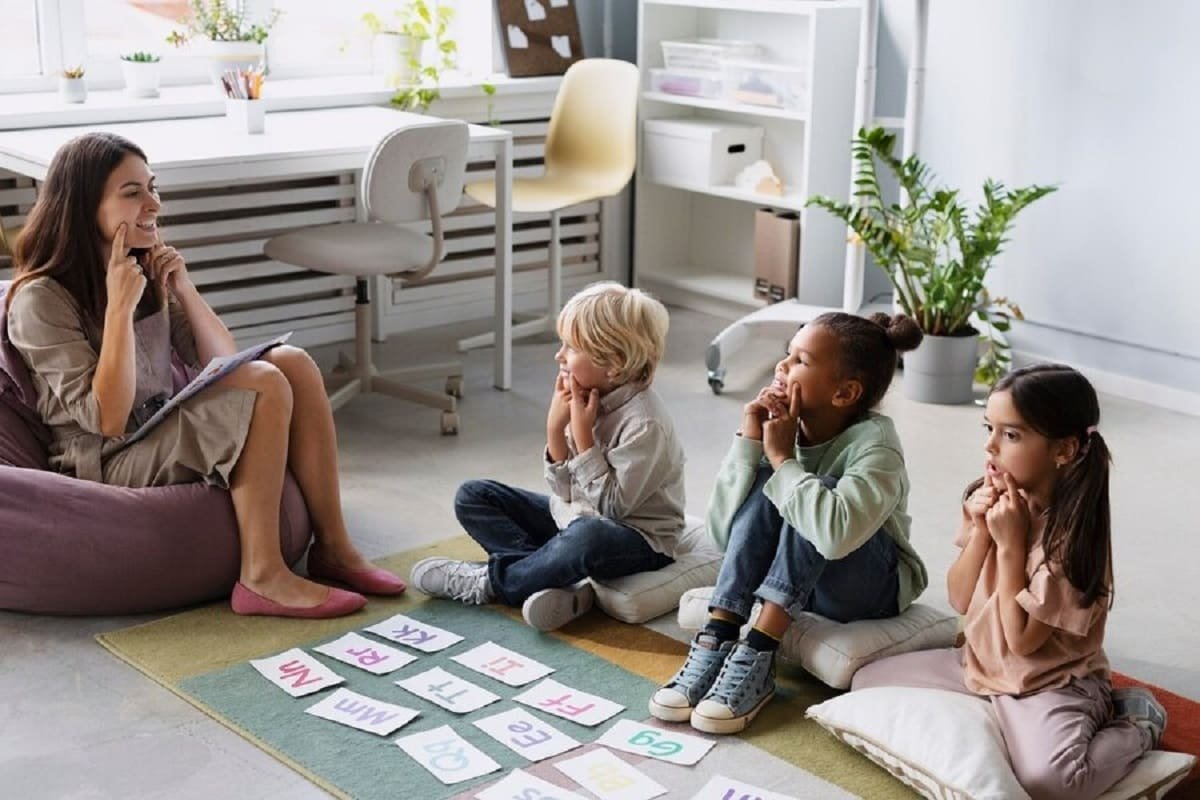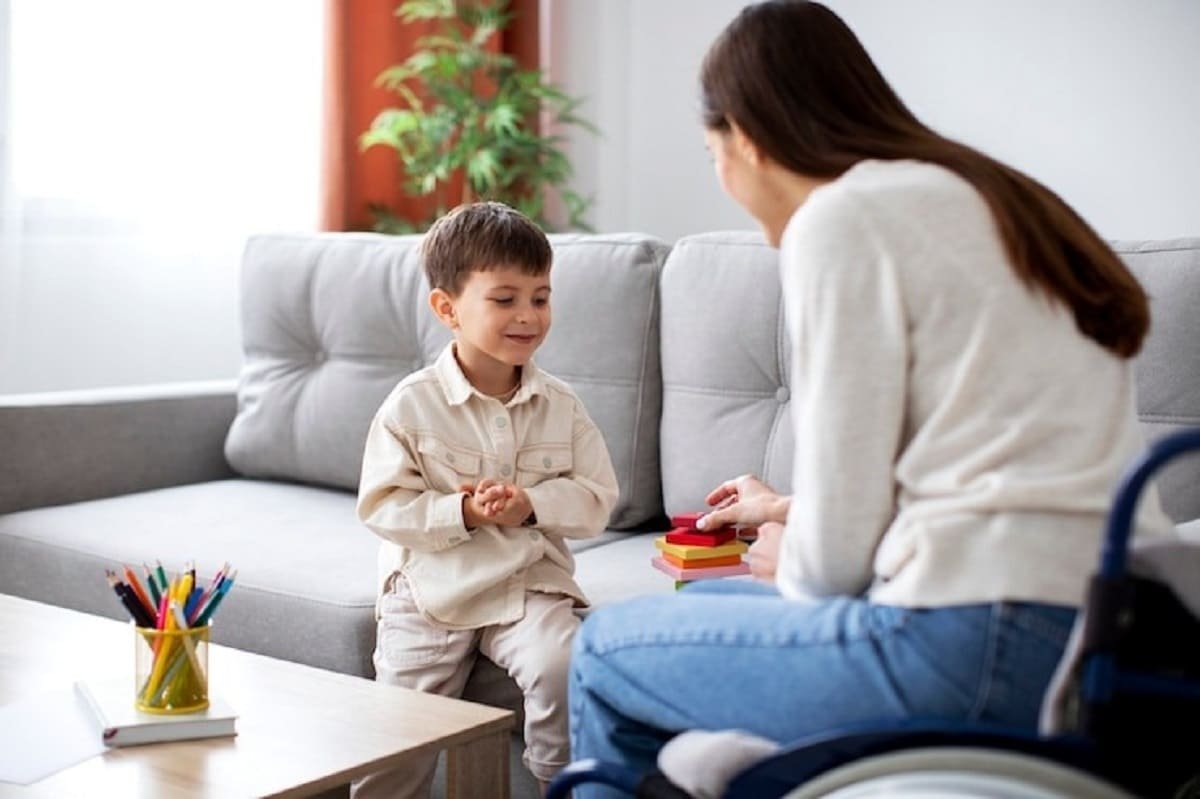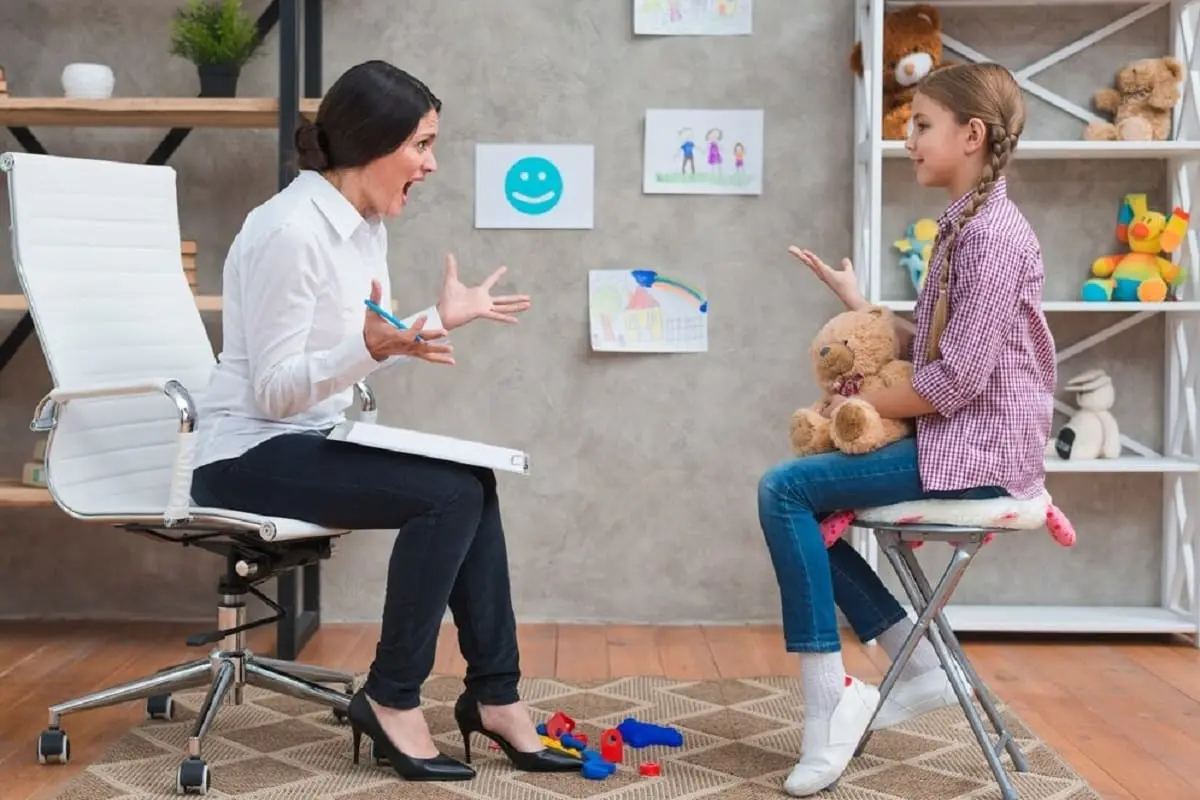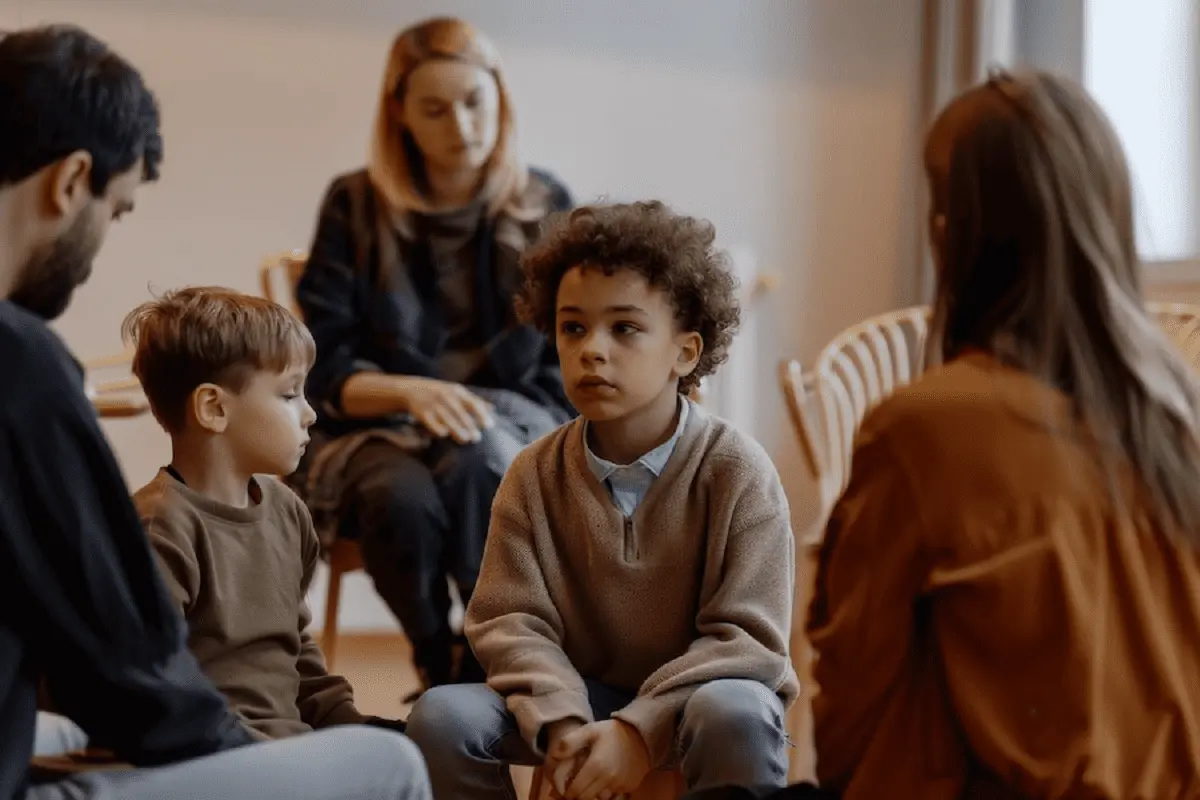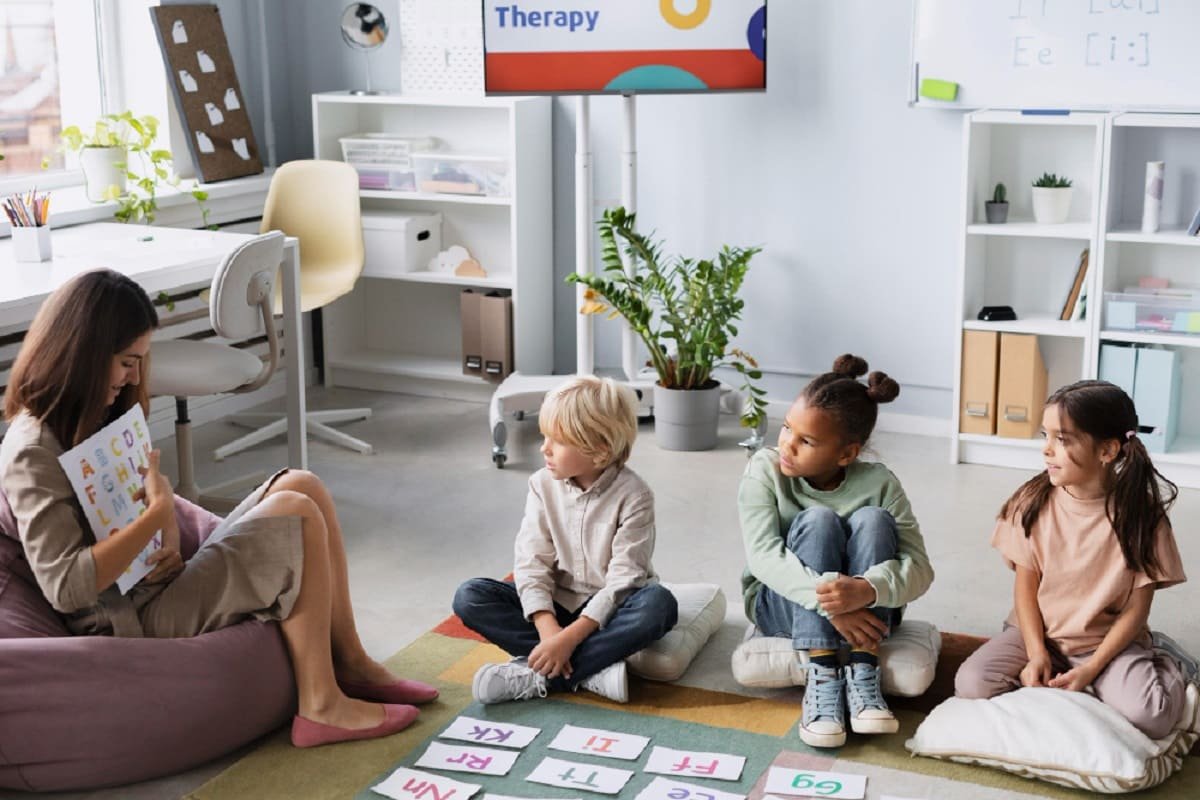ADHD affects millions in the world today. Beyond altered attention, it also changes social interactions as well as relationships. For any ADHD sufferer, social interaction is a double-edged sword. Individuals with ADHD, while craving sociable aspects and connection, find most social situations a challenge due to impulsivity, inattention, and hyperactivity. In this context, group therapies have emerged as a beneficial intervention, fostering social skills and emotional understanding among individuals with ADHD. In this blog, we’ll explore the significance of group therapies for ADHD and how they can enhance social connection, particularly through the initiatives at Ekam CDC.
Understanding ADHD And Its Social Impact
ADHD has a wide range of symptoms that encompass difficulty in paying attention, hyperactivity, and impulsiveness. In this regard, these symptoms can make it difficult to communicate as well as in relationship life and lead to isolation and frustration. Problems with social interaction are usually linked to ADHD. Consequently, this leads to:
- Bad Relationships: Impulsiveness heightens the chances of making mistakes or miscommunication and impossible to sustain long-term friendships.
- Challenges in Group Settings: Most individuals with ADHD always find it difficult to comply with social norms. This may be challenging when there are group dynamics situations.
- Emotional Dysregulation: ADHD individuals often suffer from emotional sensitivity. Strong emotions make it hard for them to cope with their reactions during social interactions.
Group therapies for ADHD alleviate some of these issues by creating a structured environment where ADHD can learn and practice skills such as social norms.
Group Therapies Role in ADHD Management
The session of group ADHD therapy is a time when people carrying the same problem sit together to get support. Here are the different ways through which group therapies for ADHD can be helpful:
- Social Skills: Group therapies always aim at teaching and practicing the necessary social skills. Participants will take part in role-plays that may simulate real-life social situations. This practice helps in:
• Improve Communication Skills: They can engage in listening, waiting to get their turn in a discussion and clear speaking.
• Master Group Dynamics: Greater insight into contributing to discussions and not always hogging the limelight can help them immensely to work in groups.
2 Emotional Control: Groups provide a safe and less threatening medium for the individual to say what he wants to say. Participants can learn
• Emotion Labeling: Research has also indicated that one can raise their level of self-awareness as they identify and label their emotions.
• Coping Mechanisms: As people learn from each other, they may gain some effective coping mechanisms for their emotional responses to the condition.
3 Peer Development of Support: One of the benefits of group therapies for ADHD is that participants can relate with peers who actually can understand and can relate to what they’re going through. Such peer support can:
• Less Sense of Lone Service: Interaction with other members experiencing the same issue might lower the feeling of loneliness associated with people having ADHD.
• Feeling of Empathy: Participants will learn to respect other people’s perceptions, resulting in a feeling of mutual care and understanding with other group members.
4 Enhancement of Self-Esteem: Most diagnosed people with ADHD have low self-esteem mainly because of their daily experiences. Group therapies for ADHD can help by providing:
• Celebrating Successes: Allow participants to share successes, no matter how small, to create a sense of accomplishment.
• Constructive Peer Feedback: Constructive peer feedback can more easily reinforce positive behaviors and make people feel better about themselves.
5 Promoting Accountability: There’s a level of accountability when individuals are in a group. Individuals are much more apt to stick with and accomplish goals or agreements if they are aware others are aware of them too. This shared accountability can lead to :
• Setting Goals: Participants can establish personal goals about social skills, and then report their progress throughout the group.
• Encouragement from Peers: Positive reinforcement from group members often encourages one to remain true to his or her goals.
Successful Group Therapies For ADHD
In Ekam CDC, multiple group therapies can be utilized based on the individual requirements of ADHD-afflicted patients. The following are the ten effective group therapies for ADHD:
- Psychoeducational Groups: Education is meant to teach the participants about ADHD, its symptoms, and their coping methods.
- Social Skills Training: Those that specifically focus on social skills development through role-playing and real-life scenarios.
- Cognitive Behavioral Therapy Groups: CBT is useful for enabling individuals to understand and change the dysfunctional thinking patterns leading to ADHD symptoms in facilitating one’s ability to better manage ADHD symptoms.
- Creative and Expressive Therapy Groups: Individuals can do art-related activities that have no relation to the treatment they are undergoing; these will help individuals to self-soothe and relate with others apart from verbal means.
- Behavioral Therapy Groups: These involve particular behaviors, calling on them to find constructive solutions to everyday challenges.
- Group Activities: There are group events that can be encouraged as an activity to foster teamwork, hence allowing individuals the opportunity to engage in social interactions in a very exciting and merry way.
Conclusion
For people with ADHD, social connection is the key and group therapies are an effective means for making those connections. Ekam CDC group therapies for ADHD can help a lot in improving social skills and emotional regulation by offering a supportive environment where one learns, practices, and grows.
The feeling of being overwhelmed can be pretty scary sometimes, so finding others who have similar experiences really can change the course of one’s life. Maybe you’re a parent seeking to help your child, or perhaps you are an individual looking to upgrade your social skills so you can connect better with people or be of value to a friend, family member, or colleague. Group therapy might just be the best way for people to live more connected and meaningful lives.
Not only do these therapies help manage ADHD, but create long-lasting relationships and a sense of belonging. With that said, if you have any interest in exploring group therapies for ADHD options through Ekam CDC, feel free to reach out to learn more about how you can start on your path to greater social connection and overall well-being.

